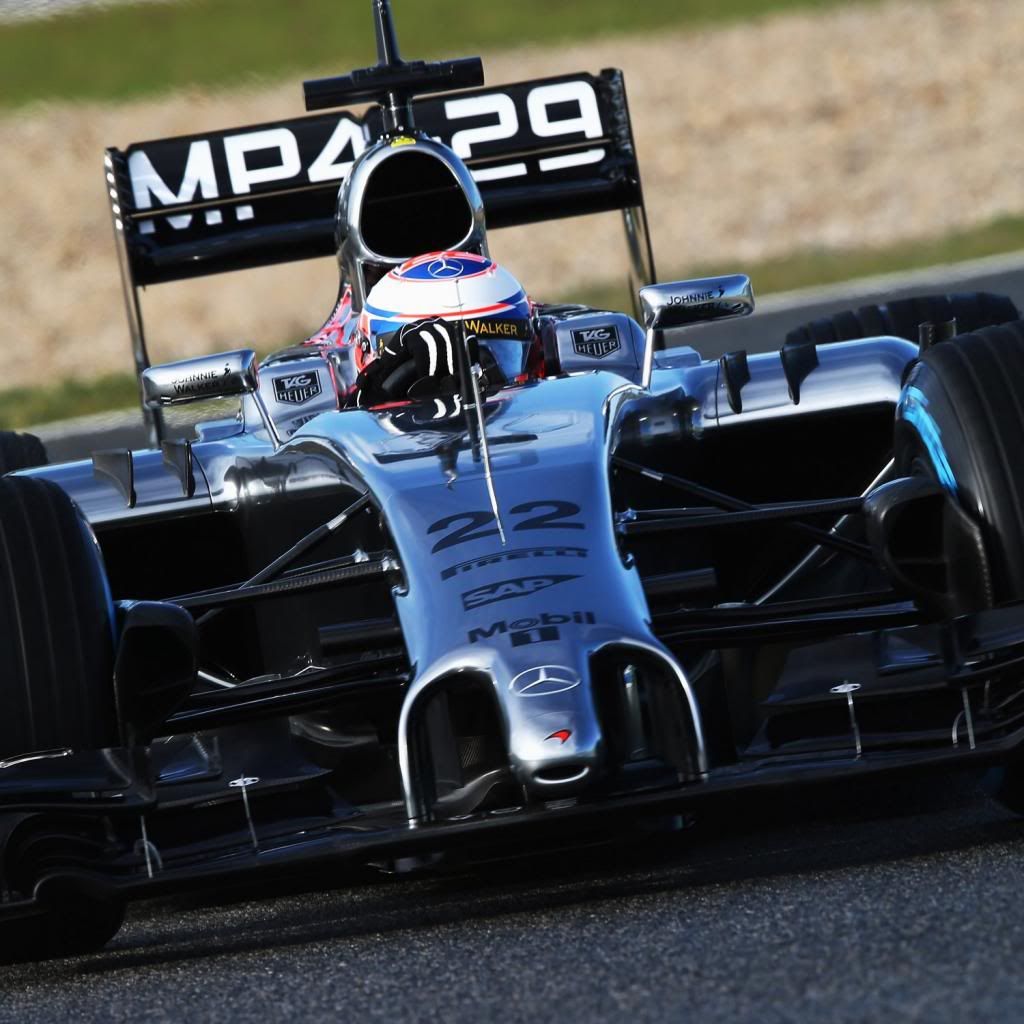bhallg2k
I agree to everything you said but there are two important things we need to differ. These things are performance and reliability. What you said in your comment is true for performance. Regarding performance - Yes F1 is highly competitive, and it is very hard to be successful, and you need tests, and the right and smart people and so on and on...
But F1 is not very demanding regarding to reliability. Thus it is still absolutely crucial to have it if you want to run on the top of the field. Ferrari realised that very early and implemented a solution to make their cars 100% reliable!!! Which I must say is very remarkable and the reason why they were able to win so many championships and races. Just to point that out Schumacher had no single technical DNF from Hockenheim 2001 until Japan 2006!
Mercedes as engine supplier and McLaren, during that time, didn't understand the importance of reliability and where not able to come even close to that. Otherwise Kimi Raikkonen would have won the 2003 and 2005 WCC where he only finished second by a few points and had numerous technical problems.
What is surprising is that Schumacher has this amazing reliability record and then had 2 technical problems on his car following each other. First the blown engine in Japan and then the mysterious lacks of power during the following race in Brazil. I am not a supporter of any conspiracy theories at all but for those incidents I have a very strong believe in sabotage. Especially because in the following season it was actually proven that the Ferrari cars got sabotaged at the Monaco GP. Back to these days and Mercedes, I don't really think he gets sabotaged but I think that the mechanics in his team are absolutely careless and by their sloppiness cause all these problems. Not in order to achieve some specific goal but because somebody has a dislike to him, to Mercedes or to the work in the team.
Now people might argue that the team scarifies reliability for performance but I say this is not necessary anymore these days. This is done in the engine and to a lesser extent in the gearbox and drivetrain. But with the current engine restrictions these causes of failures are gone. Anyways the engine comes from an "external supplier" which is Mercedes HPE and they work well. The actual performance of the car comes from the aero dynamical shape which is formed by carbon fibre structures which don't cause any reliability issues. Therefore we can say there is no link between performance and reliability anymore. Then there is a certain amount of "system engineering" on the car like hydraulical or electrical circuits. These are required to operate the car but they are not engineered to compromise reliability for performance. However due to their complex nature they are subject to sloppy work. So if they are badly assembled they can suddenly fail during a race causing all that trouble the team has.
However all the other teams are able keep these problems down and maybe check the car before they sent it out. There are even race series which are a head of F1 in terms of reliability like endurance racing in LeMans. Also when we look at other engineering areas reliability is absolutely crucial and still lightweight design is possible. Planes are the perfect example for this. Nobody can actually argue that a F1 car is a complex machine when you place it next to a plane. Yet those systems are still very reliable, as long as none of the lousy Mercedes mechanics comes even close to them.
- Login or Register
No account yet? Sign up



